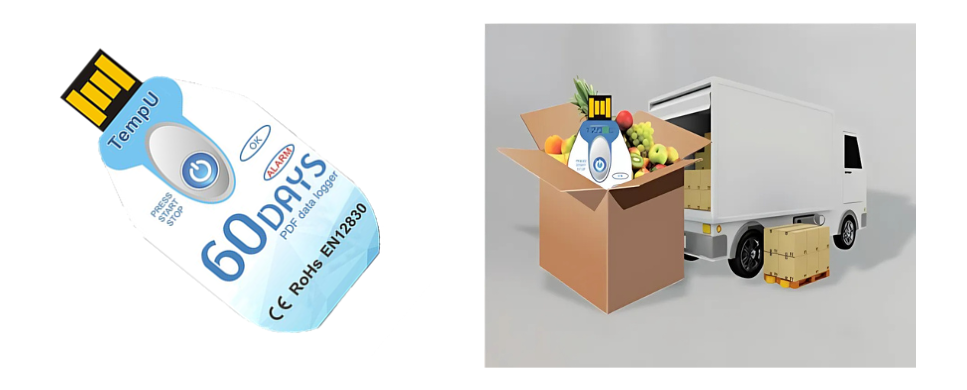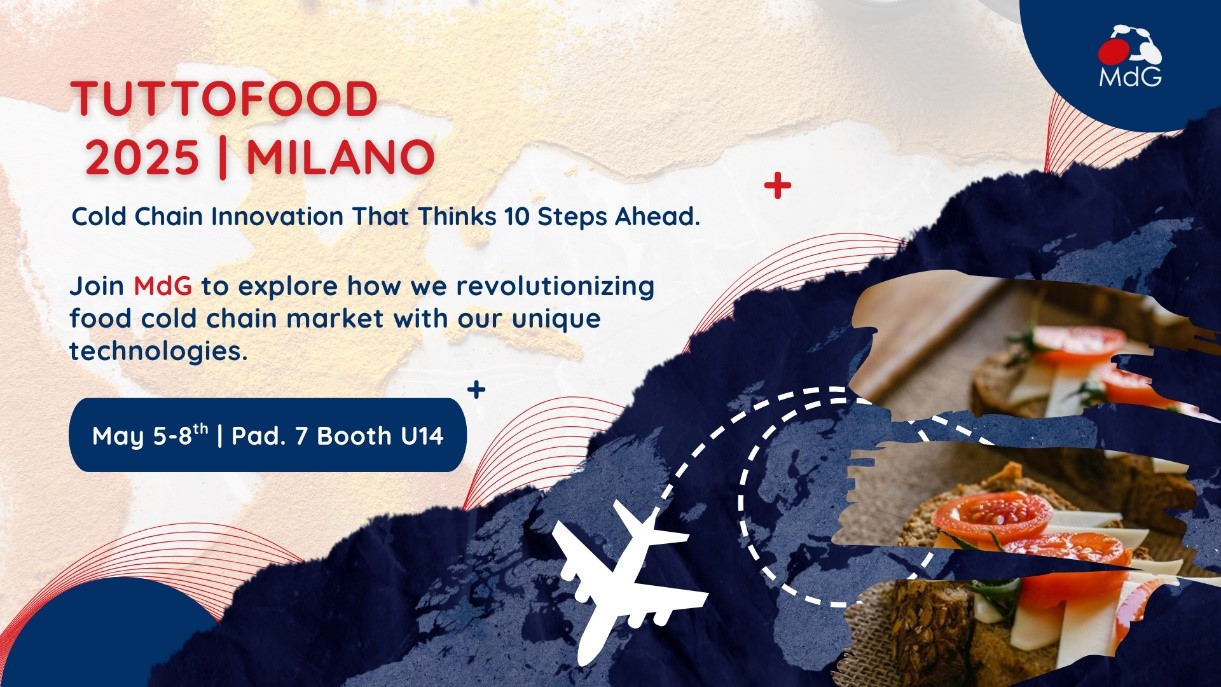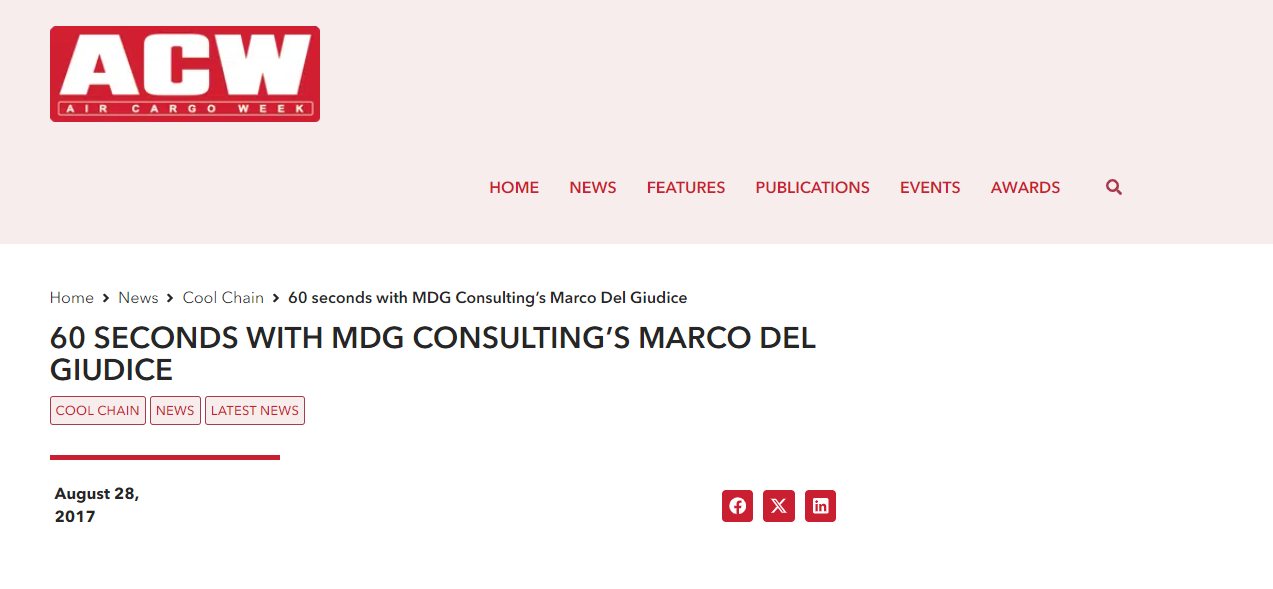October 8, 2024
25 years of Ecocool GmbH: To celebrate its milestone anniversary, the packaging specialist invited guests to the Pharma Cold Chain Meeting at its home base in Bremerhaven. The two-day in-house congress in September gave business partners the chance to discuss and learn about the latest trends in pharmaceutical logistics. Representatives from pharmaceutical companies such as Teva, Bayer, and Novo Nordisk, alongside logisticians like Pharmaserv, DHL, and Kühne + Nagel, met at the Time Port 2 in the new port to discuss the latest developments. Key topics included quality assurance of pharmaceutical transports through IT monitoring and packaging technology, supply chain process optimization, and the sustainability of supply chains. Of course, Ecocool’s anniversary was celebrated in style, with a highlight being a multi-hour evening boat trip on the Outer Weser. The event concluded with a panel discussion on the megatrends in pharmaceutical logistics. “The Supply Chain Meeting gave us the unique opportunity to have an intensive, small-scale discussion with our business partners about trends and future challenges,” said Ecocool’s CEO, Dr. Florian Siedenburg. “We recognized that issues such as supply chain transparency and sustainable logistics can only be solved through collaborative efforts within the supply chains. As a specialized provider of GDP-compliant pharmaceutical packaging, we will continue to contribute actively to these efforts.”
The story of Ecocool GmbH began in 1999 with the import of absorber cooling elements for the fish industry. Now, 25 years later, Ecocool supplies the leading players in the pharmaceutical industry with GDP-qualified boxes for clinical trials and high-quality thermal covers. The latter protect temperature-sensitive pharmaceuticals during worldwide shipping via air or sea freight. Company founder Heinrich Siedenburg reflected on the startup days in the fishing port during his opening speech, describing the company’s growth, including the generational change when he handed over management to his son, Florian Siedenburg, who has been leading Ecocool GmbH since 2015. “Cooling, insulating, measuring” – these have been, and still are, the three pillars of Ecocool’s business model and product portfolio when it comes to protecting temperature-sensitive goods. In addition to pharmaceuticals, Ecocool has also specialized in the transport protection of temperature-sensitive foods. With cooler boxes and bags as well as cooling elements, the family-owned company from Bremerhaven has made a name for itself in the food segment. “From the very beginning, Ecocool has stood for economy and ecology,” emphasized Heinrich Siedenburg in his opening speech, meaning both economic and ecological sustainability.
In the first expert panel on “Pharma Ocean Freight”, Haschmat Sadaat from DHL Global Forwarding explained measures to minimize risks during temperature-controlled ocean transport. The focus was on “power-off times” during port handling, when refrigerated ships are not connected to the power grid for a certain period. Ecocool’s thermal covers offer a cost-effective and safe solution for this.
Ecocool’s CEO, Dr. Florian Siedenburg, also addressed the topic of risk prevention. He explained the functionality and effectiveness of thermal covers to protect temperature-sensitive medications, especially in the critical range of 2 to 8 degrees Celsius, using two reference projects as examples.
Olamide Anibaba from tempmate presented the portfolio of online and offline data loggers. These loggers use GPS, Wi-Fi, and GSM technology to monitor temperature-controlled pharmaceutical transports, ensuring supply chain transparency.
Stefan Braun from SmartCAE explained how IT simulations with digital twins help logistics companies select and economically use the right transport packaging. Simulating technical solutions with lighter packaging helps logistics providers reduce costs and minimize the carbon footprint of transport. “Five percent of the global CO2 footprint is caused by the pharmaceutical industry,” Braun emphasized. “By optimizing transport packaging alone, 10 to 20 percent of transport costs could be saved, along with a significant amount of CO2.”
At the end of the first day, Marco Del Giudice introduced the Omnia IT platform, which consolidates various IT monitoring systems for data loggers onto a single online platform, giving pharmaceutical logisticians the best possible visibility of monitored transports.
Sustainability in focus
The second day of the Pharma Cold Chain Meeting was entirely dedicated to sustainability. It became clear that pharmaceutical logistics faces increasing challenges in reconciling security and quality with ecological demands in temperature-controlled pharmaceutical transports.
Christian Schneidewind from Bayer demonstrated how rail transport from Europe to Asia helps reduce the carbon footprint while also saving costs, especially by shifting transport modes from air freight to rail. Another benefit of rail transport is the ability to remotely monitor goods at all times, enhancing security.
Rolf Lucht from CEVA Logistics discussed the industry’s responsibility to implement sustainability across all levels, from product design to transport planning and green logistics approaches, such as selecting alternative transport systems like electric trucks or Sustainable Aviation Fuels (SAF).
Glenn Marquis from AeroSafe Global, along with Tine Heiselbaek from Novo Nordisk and Lukas von See, managing director of Ecocool Service GmbH, presented their partnership in providing and recovering multi-use boxes for clinical trials on a global scale. The partners explained their reusable system for pharmaceutical boxes used in the 2 to 8 degrees Celsius segment with PCM cooling elements. Ecocool is responsible for the reprocessing of the boxes in Europe and returns them to Novo Nordisk for reuse. From 2022 to 2023, this project saved 8.3 million kilowatt hours of energy and reduced CO2 emissions by 25 percent through the reuse of packaging materials.
Ecocool’s CEO, Florian Siedenburg, provided insights into the company’s sustainability activities, ranging from solar energy production to the use of electric vehicles and energy optimization of the cold storage facility. Regarding Ecocool’s packaging, he showcased the growing portfolio of sustainable solutions, including boxes made from recycled cellulose and thermal covers insulated with recycled PET.
The two-day congress concluded with a panel discussion moderated by Bruno Lukas from the logistics consultancy Green Logistics Enabler. He discussed the future megatrends in the pharmaceutical supply chain with Christian Schneidewind from Bayer, Frank M. Mauler from Kühne + Nagel, Domenico Winter from tempmate, and Mario Kajewski from Pharmaserv Logistics. The key takeaway was that the industry’s challenges – especially regarding carbon footprint reduction – can only be overcome through holistic approaches and collaborative efforts within supply chains.




